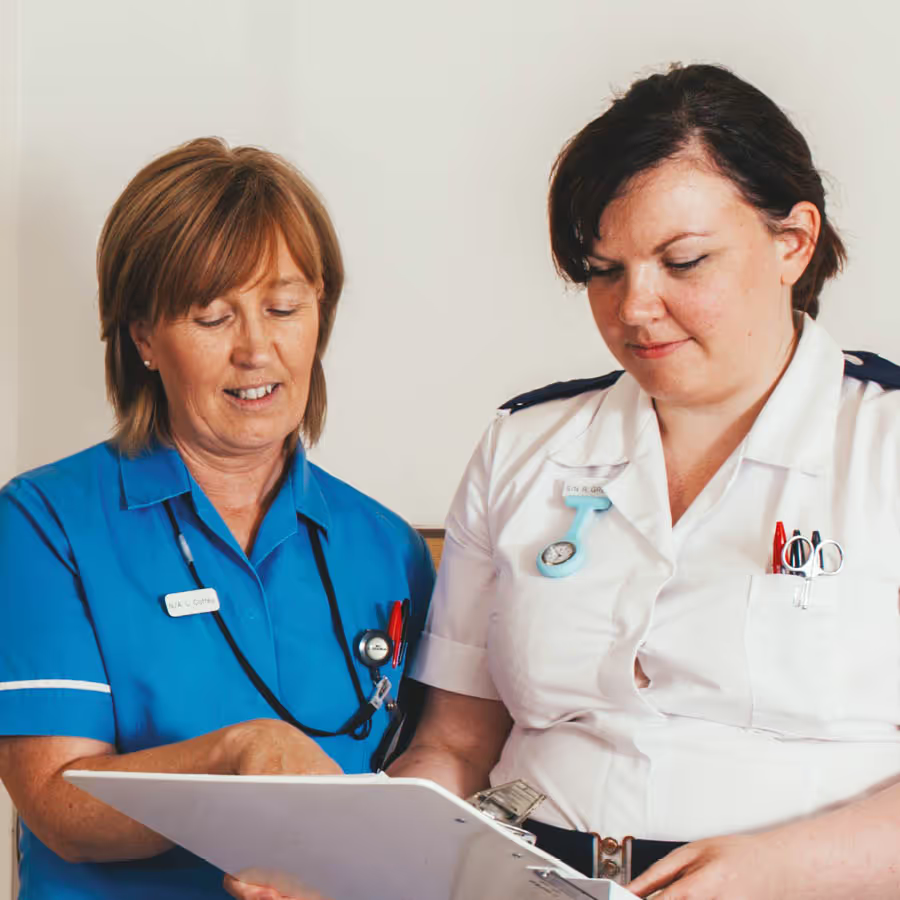Menu

Surgical
At the Ulster Independent Clinic, paediatric services cover a wide range of surgical and diagnostic procedures including orthopaedic, general, ENT, urological, endoscopic, colonoscopy, and gastroscopy surgeries — all supported by thorough consultation, pre-operative assessment, surgery under general anaesthesia, and tailored post-operative care to ensure your child’s safety and recovery.

At the Ulster Independent Clinic, we specialise in a range of paediatric surgeries. One of which includes paediatric orthopaedic surgery. This is essential when your child requires crucial medical intervention to correct conditions affecting bones, joints, and muscles. It’s often needed for conditions such as scoliosis, clubfoot, hip dysplasia, as well as limb length differences.
Another common procedure is paediatric general surgery. This surgery typically covers conditions like hernia, appendicitis, or issues related to the liver, pancreas and gall bladder among others. If your child suffers from persistent stomach pains, vomiting, or changes in bowel habits, they might need this kind of surgical intervention.
As part of our mission to offer comprehensive healthcare for children, we also provide paediatric ENT surgeries encompassing common procedures like tonsillectomy, adenoidectomy, and grommet insertion. Such surgeries are usually recommended when your child experiences frequent ear infections, snoring, sleep apnea, difficulty in swallowing, or hearing loss.
Additionally, our team performs paediatric urological surgeries especially when it comes to issues with the kidneys, bladder, ureters, and genitalia. This is crucial for conditions such as undescended testes, urinary tract infections, or bedwetting issues which may indicate a deeper problem requiring surgery.
At the Ulster Independent Clinic, a range of paediatric endoscopy services are offered. Endoscopy is a non-surgical procedure that allows doctors to examine the body's internal organs and passages using a tool called an endoscope, which is a flexible tube with a light and camera attached. This procedure can be used to diagnose various conditions and can also be used to perform certain types of surgeries.
The most common type of paediatric endoscopy offered is a diagnostic oesophago-gastro-duodenoscopy (OGD). This procedure is especially useful to diagnose issues related to the oesophagus, stomach, and the first part of the small intestine, the duodenum. OGD includes a forceps biopsy, biopsy urease test, and a dye spray. These additional procedures help doctors get a deeper understanding of any potential issues and enable them to diagnose more precisely.
If your child is experiencing any digestive problems, they might be referred to the Ulster Independent Clinic for a paediatric colonoscopy. This procedure, known as a Diagnostic oesophago-gastro-duodenoscopy (OGD) and immediate colonoscopy, includes forceps biopsies, a biopsy test, and a dye spray. It's a minimally invasive procedure often required for children presenting with potential gastroenterological issues.
This procedure allows paediatric doctors to visually examine your child's gastrointestinal tract to identify and diagnose any potential issues. By using a small camera and light source, doctors can provide high-quality images of the digestive tract, aiding in a more accurate diagnosis and better treatment planning. Subtle issues that may be missed by other diagnostic methods are often detectable using this procedure.
Why might my child need a paediatric colonoscopy? A few reasons could be persistent abdominal pain, rectal bleeding, chronic diarrhoea, or a family history of gastrointestinal disease. This procedure is an essential tool in diagnosing and managing these and many other gastroenterological conditions in children.
Before the procedure, your child would need to undergo a 'bowel prep', which typically involves a clear liquid diet and medication to cleanse their system. On the day of the procedure, they would be sedated to ensure they're comfortable and free from distress. The procedure itself can take 30 minutes to an hour, depending on the complexity of the situation.
Our team of expert paediatricians performs an array of paediatric surgeries that your child might need for various reasons. One such procedure is the Diagnostic Oesophago-gastro-duodenoscopy (OGD), a standard procedure often performed to diagnose issues concerning the oesophagus, stomach, and duodenum.
OGD is a procedure that involves the use of a flexible tube with a camera on the end, inserted through the mouth, to visualise the upper part of the gastrointestinal tract. The procedure also includes forceps biopsy, biopsy urease testing, and dye spray. This approach provides a non-invasive way of detecting diseases like ulcers, tumours, and inflammation, which may not be evident through other, less intensive testing methods.
Another similar procedure offered is the Diagnostic Oesophago-gastro-duodenoscopy (OGD) and immediate colonoscopy. This test also includes forceps biopsies, biopsy test, and dye spray as sole procedures. The colonoscopy portion allows for visualisation and examination of the lower gastrointestinal tract, making this combined procedure a comprehensive tool for diagnosing a broad range of possible conditions.
A comprehensive discussion with your child’s surgeon to learn about the available surgical options, the benefits, and any possible risks.
Several tests are carried out to ensure your child is healthy enough to undergo surgery, and to avoid any potential complications.
This is the actual operation under general anaesthesia, performed by a team led by your child’s surgeon.
This phase involves carefully monitoring your child's recovery including the administration of medicines, pain management, and regular follow-up appointments.
Rest assured, at the Ulster Independent Clinic, we'll guide you every step of the way, ensuring a comfortable and safe experience for you and your child.

Have a query?
Why not check out our FAQ’s were you will find answers to many previously asked questions.

3
Lorem ipsum dolor sit amet, consectetur adipiscing elit, sed do eiusmod tempor incididunt ut labore et dolore magna aliqua.















